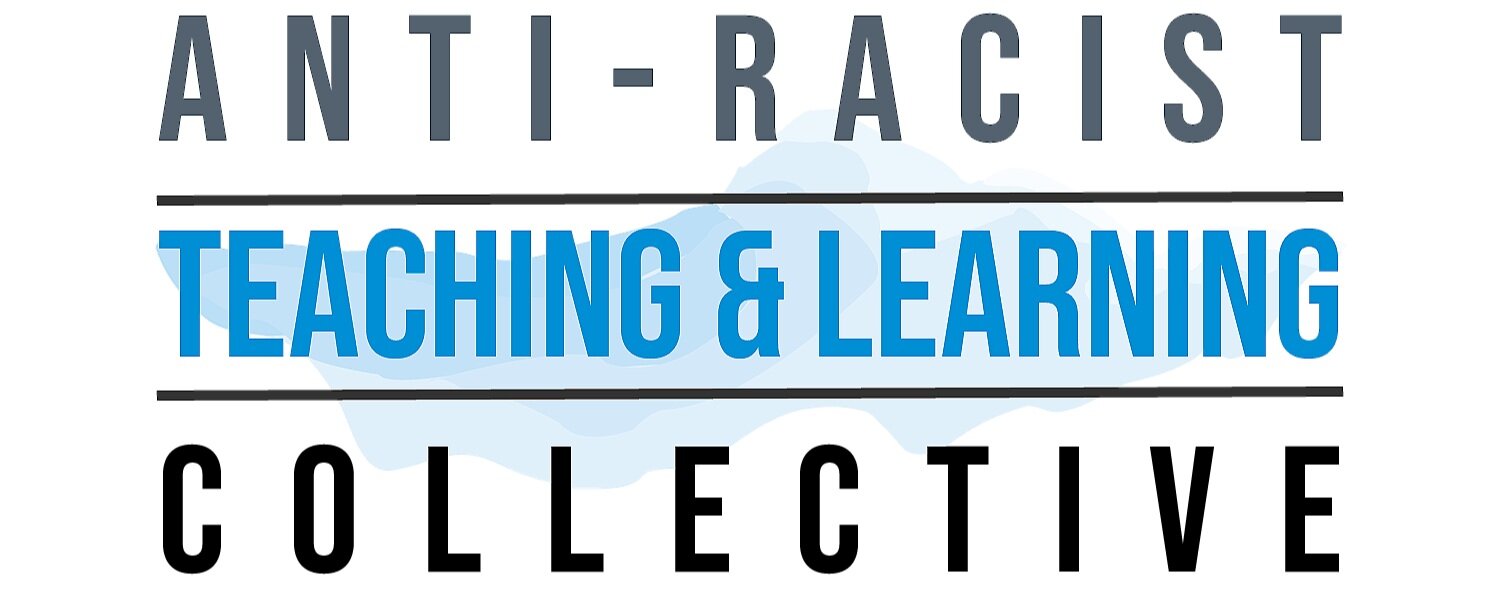Exploring Racial Justice and Restorative Justice in and Beyond the Classroom
Last Monday, NHPS teachers and students from NHPS’s Metropolitan Business Academy took a fieldtrip to a local community bookspace to meet with Kayla Vinson, Executive Director of the Law and Racial Justice Center at the Yale Law School.
The group, led by co-teachers Steve Staysniak and Julia Miller, held circle, learned about Vinson's own pathway to racial justice work, discussed the intertwined histories of racism and incarceration and the promise of restorative justice practices, and selected books to kickstart their own liberation libraries.
The trip was part of a new course, entitled Youth Justice in Practice (YJP), which will lead into the creation and implementation of the Metro Youth Justice Panel (MYJP). The idea is that the MYJP will constitute a “new” accountability approach that departs from the typical punishment model and instead “names when harm takes place, centers the voices of those most affected by the harm, and develops a process to repair said harm.”
The YJP course’s key learning objectives are that “students will gain an understanding of restorative and transformative justice, and how related ideas and concepts:
Influence their own understanding of justice.
Apply to the practice of justice within a school community.
Live and look in the world beyond a school community.”
As the capstone course for the Metro’s Law and Political Science pathway, YJP students will engage in a year-long study of restorative and transformative justice movements. They will complete training sessions in order to serve on the Metro Youth Justice Panel as jurors, student advocates (lawyers), judges and law clerks. In those roles, Julia explained, “students will prepare for and hold MYJP hearings to address and resolve issues related to mistakes made by students in the Metro community using the principles of restorative and transformative justice.”
Because the course is grounded in the idea of “praxis,” the dynamic process of utilizing knowledge or theory to inform practice and vice versa, Julia and Steve have been thinking about how they can best inspire students and creatively engage them in knowledge construction and application. These considerations led them to ask Kayla, as a lawyer, legal scholar and restorative justice advocate, if she would meet with their students, and to ask Possible Futures if it would host the conversation, thereby helping to bring students out of the classroom and into community spaces for new experiences.
“While we’ve been working on the practice a lot in the classroom with our training for the Metro Youth Justice Panel, we wanted Kayla to help us dig deeper into the theory side. Our hope was that her discussion of the relationship between race, punishment, and the criminal legal system in United States history would be an important frame to help students understand why folks are looking for new ways forward using restorative and transformative justice models.”
Kayla had suggested that students watch True Justice, about the creation of the Equal Justice Initiative, in advance of the meeting and so Steve and Julia screened parts of it. Students came to the bookspace meeting prepared with written notes and reflections. With the group seated in a circle, Kayla engaged students organically, offering a great deal of critical content in an accessible conversational format that prompted insightful comments, questions, and exchanges.
Before leaving, thanks to the support of local donors, students had the chance to browse the bookspace’s collection and to select books to kickstart their own liberation libraries. Students then spent the short bus trip back to school in voluntarily silence, reading and reflecting.
A student with their selection, Locking Up Our Own: Crime and Punishment in Black America, which by chance was written by Kayla’s colleague, Yale Law Professor James Forman Jr.
Students’ choices included the following great titles, some in multiples:
Becoming Abolitionists: Police, Protests, and the Pursuit of Freedom
Homecoming: Overcome Fear and Trauma to Reclaim Your Whole Authentic Self
Rise Up!: How You Can Join the Fight Against White Supremacy
Stolen Justice: The Struggle for African American Voting Rights
Trauma Stewardship: An Everyday Guide for Caring for Self While Caring for Others
Troublemaker for Justice: The Story of Bayard Rustin, the Man Behind the March on Washington
We Will Not Cancel Us: And Other Dreams of Transformative Justice


